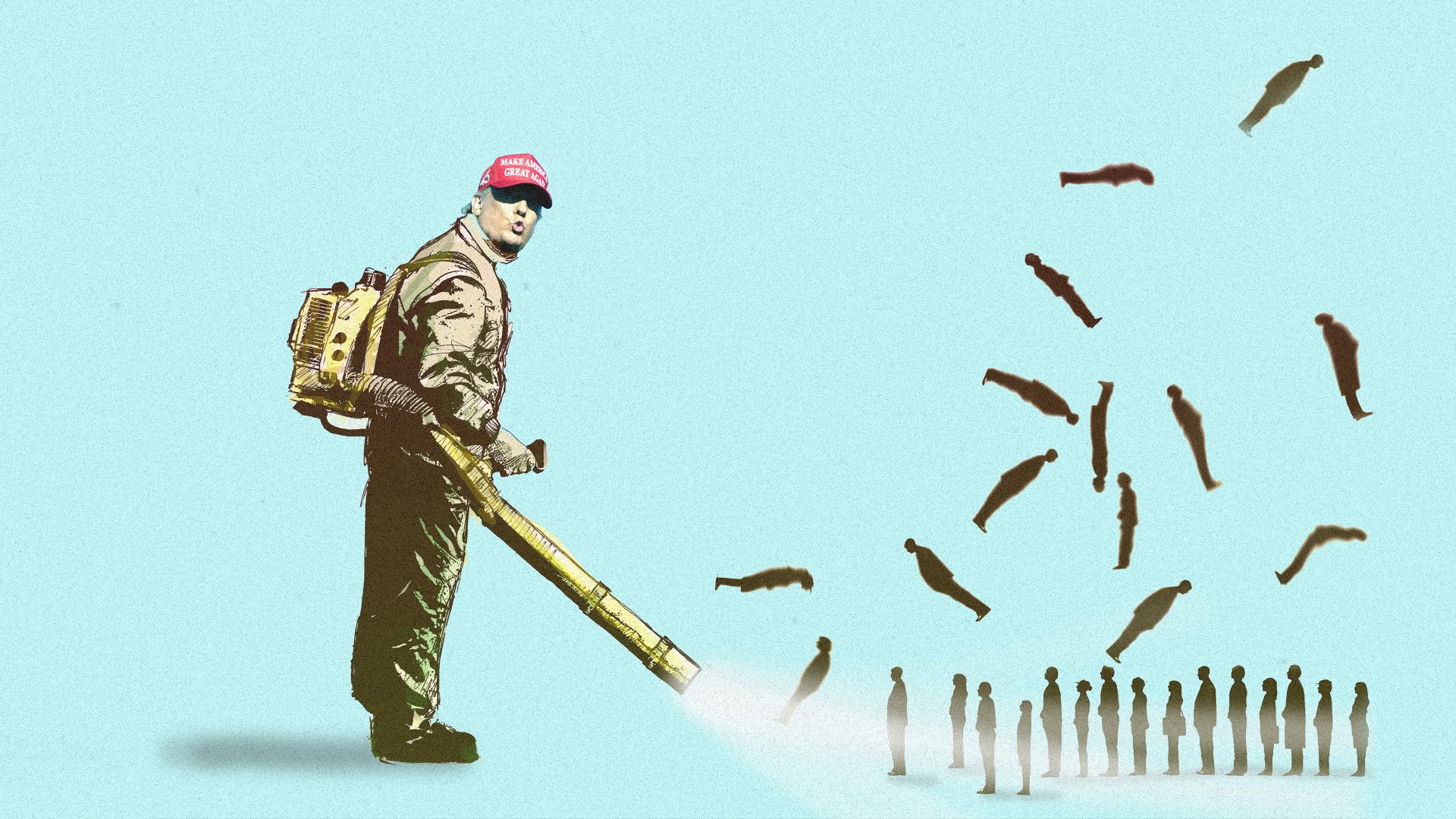Donald Trump and the Republican Party control the White House and Congress for at least the next two years. Hence they should in principle be able to dictate near-term US economic policy. Yet, during the campaign, Trump discussed what can only be termed an incoherent set of economic proposals far from amounting to an actual concrete economic plan for America.
So while a newly elected president’s economic agenda is always subject to Congressional politics before it might be implemented, the degree of uncertainty is acutely high today. This is particularly so, as the Republican House majority is historically small, and the caucus notoriously ill-disciplined. One thing though seems certain to come from Trump’s agenda, namely higher inflation and with it a possible return to boom-bust economics.
Three main subjects have been recurring themes in Donald Trump’s discussion of economic issues since he returned to the campaign trail: additional tax cuts, focused on making the temporary tax cuts he passed in 2017 permanent; widespread implementation of trade tariffs on US trading partners; and deportation of large numbers of illegal immigrants from the United States.
Of the three, number two – trade tariffs – have already been threatened against America’s NAFTA partners Canada and Mexico, but have subsequently been “paused”, and have been imposed on China. Tariffs of this sort would affect imports from the three largest exporters to the United States and up to $1.4trillion dollars of imported goods, including consumer goods, food, energy and all other items without a lower threshold value.
Small and medium-sized firms and the e-commerce sector would be particularly affected by these tariffs, and in the course of a year would add 0.7% to US consumer prices. This, though, is a baseline that does not include the potential further full effects of all retaliatory tariffs and other trade related measures that Canada, Mexico or China might impose on US exports. In short, Trump’s tariffs – if implemented in full – would be inflationary.
Trump’s other two core economic agenda items will have similar effects. Further tax cuts in an economy already near potential growth and running federal government deficits at 6-7% of GDP will further boost inflationary demand pressures.
And if the federal government were actually to carry out large scale deportations of illegal migrants, most of whom are employed in today’s full employment US economy, wage inflation would follow. Who would take the (if we believe Trump’s numbers) millions of jobs vacated by all those illegal migrants deported from the US?
Who would pick the fruit and carry out other agricultural work on America’s farms? Who would man US construction sites or restaurants? These sectors would have to compete on wages with other economic actors in the American economy, putting upward pressure on wages.
The totality of Trump’s economic agenda has the potential to push up US inflation. This would give a short-term economic boom, but would in turn force the Federal Reserve to keep interest rates high, or even raise them further. With multiple additional stimuli from Trump’s agenda, only interest rates high enough to cause a recession would likely be able to dampen price pressures in the American economy.
Not just Trump’s trade tariffs, but his overall economic policies are inflationary and irresponsible. They risk returning the US economy to the boom-bust cycles of the distant past.
Dr Jacob Funk Kirkegaard is Senior Fellow, Bruegel and Peterson Institute
READ MORE: How Europe can lead in the age of Trump by Andrew Graham
READ MORE: Trump is both a symptom and a cause Dr Leslie Vinjamuri
READ MORE: Trump is no isolationist by Dr Ian Lesser
READ MORE: America’s all new economic model by Dr Suzanne Schneider











